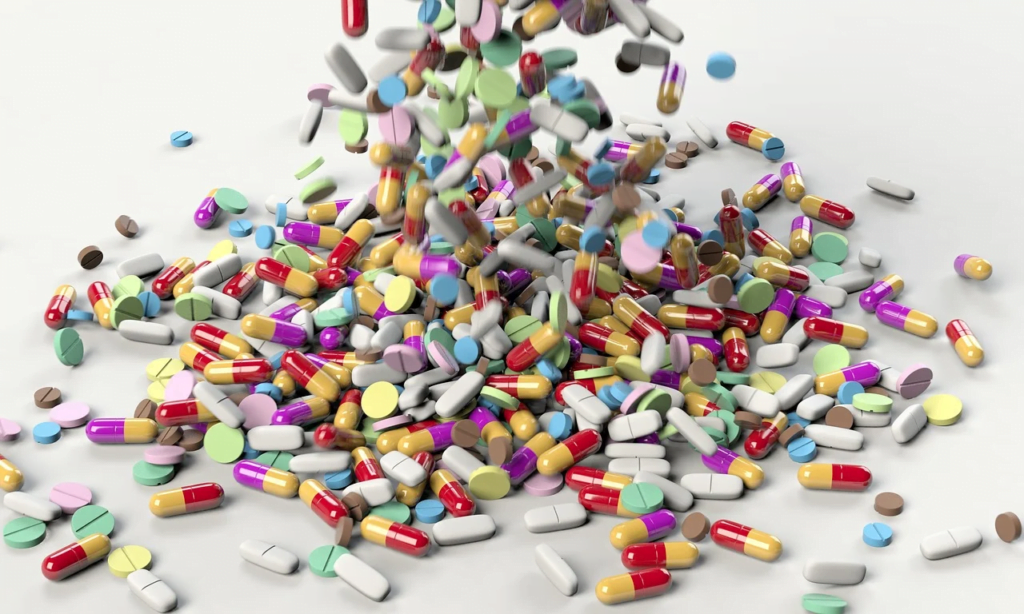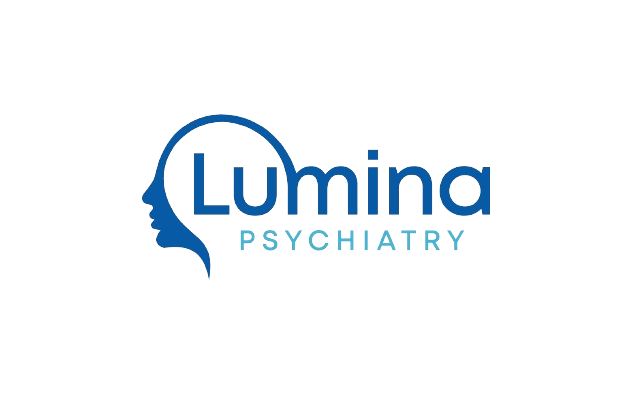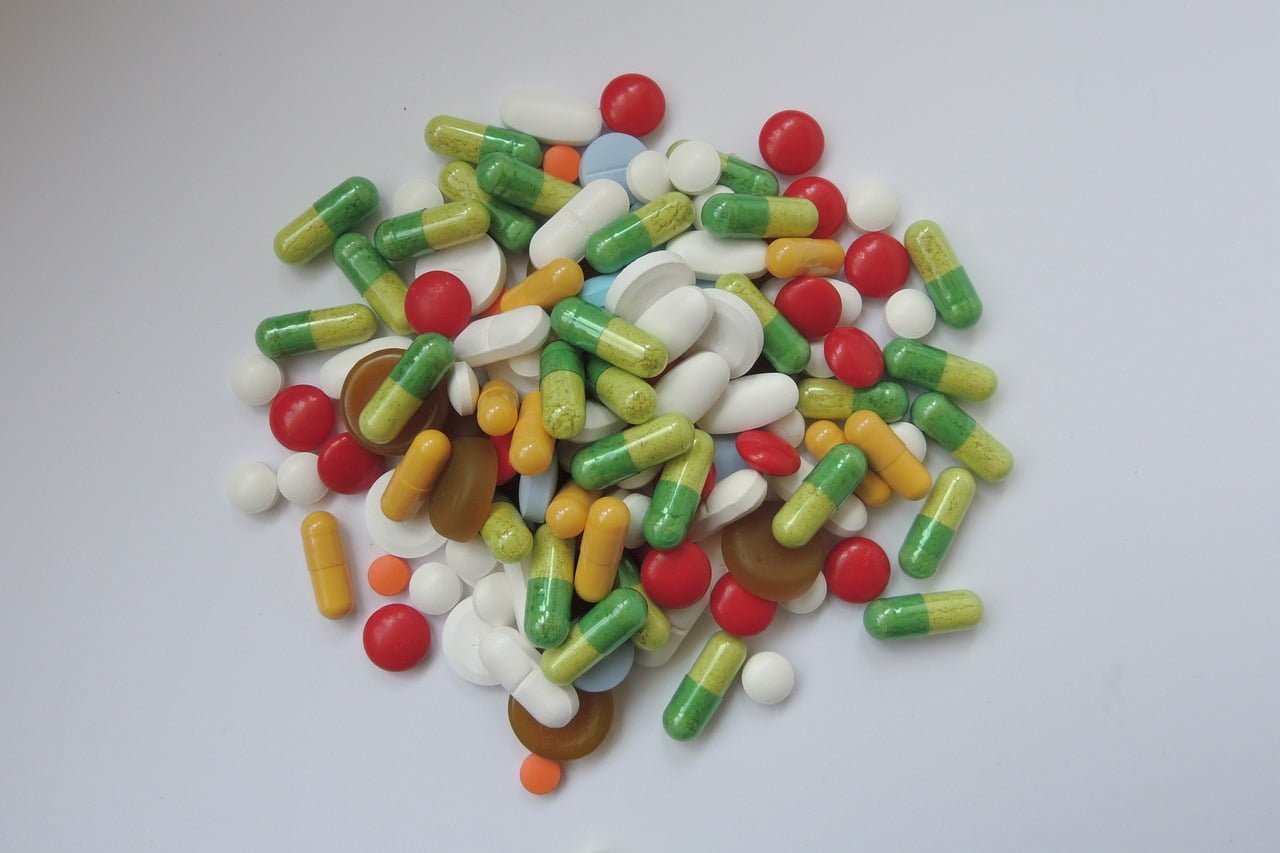Recovery from alcoholism unfolds a new chapter in life, offering a path to healing and hope. This journey, however, requires a holistic strategy where medication plays a pivotal role alongside counseling and support systems. Medications like Acamprosate, Disulfiram, and Naltrexone have emerged as beacons of hope, aiding individuals in managing cravings and minimizing relapse risks. Their effectiveness underscores the significance of a multifaceted approach to recovery, highlighting the importance of professional guidance and support.
Lumina Psychiatry stands at the forefront of this transformative journey, offering comprehensive treatment plans that integrate medication, therapy, and personalized support. Through their dedicated efforts, individuals grappling with alcohol use disorder find not just treatment but a partner in their journey towards recovery. Lumina Psychiatry embodies the commitment to a brighter, healthier future, signaling a new dawn for those seeking to overcome alcoholism.
Understanding Alcohol Use Disorder (AUD)
The Impact of Alcoholism on Individuals and Families
Alcohol Use Disorder (AUD) severely affects not only the individuals suffering from it but also their families and close associates. Physically, it can lead to chronic health issues like liver disease, cardiovascular problems, and weakened immune system. Psychologically, AUD often coexists with disorders such as depression and anxiety, complicating the path to mental wellness. Socially, the strain on relationships, professional setbacks, and isolation become all too common. The ripple effects extend far beyond the individual, touching every aspect of their life and the lives of those around them.

The Importance of Seeking Help
Recognizing the need for help is the first, crucial step toward recovery. It requires immense strength to acknowledge the grip of AUD and the courage to seek support. Early intervention can prevent the devastating consequences of AUD, paving the way for a healthier, more fulfilling life. Support comes in many forms—medical professionals, therapy, support groups, and loved ones—all essential in building a strong foundation for recovery. Seeking help is not a sign of weakness; it is a powerful statement of one’s determination to regain control over their life and well-being.
The Role of Medication in Alcoholism Recovery
Medications are crucial in the fight against alcoholism, working alongside therapy, lifestyle changes, and support networks. Drugs like Acamprosate, Disulfiram, and Naltrexone give individuals battling alcohol use disorder (AUD) a fighting chance for sobriety. They ease cravings and cut the risk of falling back into old habits, boosting the impact of other treatments. These medications lay a biological groundwork for rebuilding lives. They ensure recovery tackles not just physical addiction but also strengthens mental resilience and social bonds. In a full treatment plan, medications give people a stronger grip on their recovery journey, lighting the path to a healthier life ahead.

Spotlight on Recovery Medications for Alcoholism
The journey to recovery from alcoholism often includes medication as a key component, with Acamprosate, Disulfiram, and Naltrexone leading the charge. These medications have proven to be effective allies, each with its unique mechanism of action and benefits, helping individuals navigate the challenges of recovery.
Acamprosate
Acamprosate stabilizes the brain’s chemical balance disrupted by alcohol dependence, reducing the desire to drink. It works best for those who have already stopped drinking and want to avoid relapse. Benefits include easing withdrawal symptoms and reducing cravings, making it easier for individuals to stay sober. Common side effects might include gastrointestinal discomfort, anxiety, and dizziness, but these are generally mild and manageable.
Disulfiram
Disulfiram acts as a strong deterrent against drinking by causing unpleasant reactions if alcohol is consumed, such as nausea, vomiting, and headaches. Its mechanism triggers these symptoms by blocking the enzyme involved in processing alcohol, making the thought of drinking less appealing. The advantage lies in its ability to discourage alcohol consumption through the fear of adverse reactions. However, users must be aware of the potential severe reactions and the importance of abstaining from alcohol entirely while on Disulfiram.
Naltrexone
Naltrexone targets the brain’s reward pathways to reduce the pleasurable effects of alcohol, lessening the urge to drink. It can be particularly effective for those who have stopped drinking and are working to maintain sobriety. By diminishing the satisfaction derived from alcohol, Naltrexone makes relapse less likely. Side effects can include nausea, headache, and fatigue, but these often subside over time. It’s important for individuals to discuss their health history with a healthcare provider to ensure Naltrexone is a safe option for their recovery plan.
Each of these medications offers a way to tackle the physical aspects of alcohol addiction, providing a valuable tool in the comprehensive treatment of alcohol use disorder. Their effectiveness, however, is maximized when combined with other forms of therapy and support, highlighting the importance of a well-rounded approach to recovery.
Integrating Medication into a Comprehensive Treatment Plan
Integrating medication with therapy, support groups, and lifestyle changes is crucial in treating alcoholism effectively. Medications like Acamprosate, Disulfiram, and Naltrexone can significantly boost recovery efforts when combined with comprehensive treatment strategies. These medications, however, are just one piece of the puzzle.

Furthermore, the journey to recovery is deeply personal. It requires a treatment plan tailored to the individual’s unique needs and circumstances. Healthcare providers play a key role in crafting these personalized plans. They assess each person’s specific situation, guiding them through the recovery process with professional insight and support.
By focusing on a holistic approach, individuals gain access to a robust support system. This system enhances their ability to navigate the challenges of recovery. It also emphasizes the importance of a balanced, multifaceted approach to overcoming alcoholism. Through the careful integration of medication and therapy, individuals can forge a path to a healthier, sober life.
Lumina Psychiatry: Your Partner in Recovery from Alcoholism
Lumina Psychiatry stands as a guiding light for those navigating the path to recovery from alcohol use disorder (AUD). This clinic combines medication, therapy, and ongoing support to tackle AUD from all angles.
At Lumina Psychiatry, our approach is holistic, ensuring that each individual receives a treatment plan that addresses their unique needs. The team of healthcare professionals at Lumina is dedicated to providing personalized care. They understand the complexities of AUD and the importance of a supportive environment in the recovery journey. By choosing Lumina Psychiatry, individuals gain a partner committed to their health and well-being, ready to assist them in achieving lasting sobriety. This partnership marks the beginning of a transformative journey towards a healthier, alcohol-free life.
Taking the First Step Towards Recovery
Taking the first step towards recovery can feel daunting, but it’s the most crucial move you’ll make. Knowing that recovery is not just a possibility but a reality with the right support can empower you. Lumina Psychiatry is here to offer that support. We understand the journey and are ready to guide you through each phase of your recovery. If you’re ready to take that first step, Lumina Psychiatry welcomes you. Contact us for a consultation or to learn more about our treatment options. Let us help you navigate your path to a healthier, sober life. Your journey to recovery starts with a single step. Let’s take that step together.




